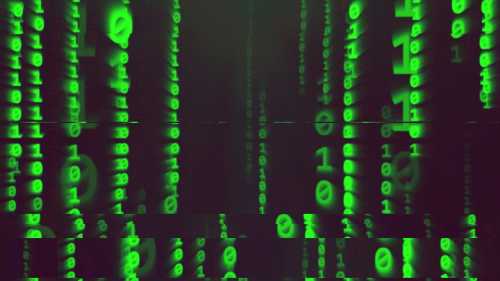We live in an incredibly distracting world. Being able to focus for an extended period of time has quickly gone from the norm to a rare luxury saved for odd hours of the day.
In addition to being harder to get stuff done, it’s harder to focus on the right tasks. For many people, we’ve open-sourced our to do list through tools like slack and email, letting other people’s priorities take over those few productive hours we have.
We’ve gone from being able to focus on intentional work for uninterrupted hours to barely being able to focus on other people’s priorities.
On the bright side, this means that if you can minimise distractions and prioritise meaningful tasks, it’s basically the equivalent of having super powers. Below is my personal take on a relatively simple technique to help you do that.
The Top 3
The technique is simple. At the beginning of each day or the at the end of the previous day:
Write down the three most important tasks for the upcoming day. The most important task should be at the top.
Then, for good measure, circle the top task to re-iterate its importance.
At the end of each day, cross out the items you completed.
At the end of each week, take 5–10m to review how the week went overall. How many days were you able to finish the top task? What about all three?
That’s it. I told you it was simple.

Why do the Top 3?
The goal of the Top 3 is to help you be more deliberate with your time and make progress towards meaningful goals. It will do this by: 1) helping you be aware of how distracting your days have become and 2) helping you feel a sense of progress to build positive momentum.
Becoming More Aware of Distractions
The modern work environment is very busy. It feels like we’re getting a lot done. However, if your days are anything like mine, once you start this exercise you’ll notice that busy does not necessarily mean productive. Instead of being able to focus on 1–2 important tasks that I set out to complete at the beginning of the day, I found myself endlessly triaging other people’s priorities and constantly switching context. It was time-consuming and exhausting. By the time I had 30–60m for myself, my focus tank was on empty. The first step to fixing any problem is being aware that a problem exists. Once you realise how many days you cannot finish your Top 3 priorities (or top priority in some cases), it’ll help spur change.
Building Momentum Through Small Wins
When things are going well, it’s possible you’ll finish your Top 3 priorities with plenty of time leftover in the day. The early-in-the-day productivity will help build momentum to allow you to be even more productive throughout the rest of the day. You will also feel a sense of accomplishment no matter how the rest of the day goes. You finished the most important tasks for the day and made meaningful progress towards your goals.
...
Tips
Below are some tips that have helped me make more meaningful progress towards my most important goals. Will they work for you? Maybe. Maybe not. We’re all wired differently and work in different environments. Hopefully at least some of these tips will resonate with you.
Write down your Top 3 on physical paper — Keep it in viewing distance at all times. It’ll help you stay focused as new to dos and distractions pop up.
Front load the most important task at the beginning of the day — I’m a morning person, so I’m most productive in the beginning of the day. If you’re a night owl try carving out time a couple hours before leaving the office or right before you go to bed.
Ask yourself “What’s one thing that if finished today would make today successful? — this is a great way to make sure you’re making progress towards important work and not just urgent tasks.
Estimate task times — Give your best estimate for how long tasks should take. If you have a competitive personality you can now challenge yourself to try and finish the task in the allotted time. Ready. Set. GO!
Block off time in your calendar — You’ve estimated how long each task should take. Now make sure you have time blocked out for each of those activities. Don’t forget some buffer time (context switching, catching up on messages, tasks taking longer than expected).
Make sure tasks are broken down enough — Tasks should be reasonable to finish by the end of the day. They should also have a clear success criteria. This will hold you more accountable at the end of the day. You either finished the task. Or didn’t. There is no try.
Create incentives by rewarding yourself once key tasks are done — I use this a lot for my weekly personal tasks. If I can finish them earlier in the week then it gives me more time for things I really enjoy like reading and writing.
If you’re looking for other techniques for reducing distractions and helping you prioritise meaningful goals, I highly recommend checking out Make Time. It’s a new book from Jake Knapp and John Zeratsky, the authors of Sprint.
Now stop reading productivity blog posts and go make some progress towards a meaningful goal.
...
This piece was originally published on Adam's Medium site. You can find the original piece here.


